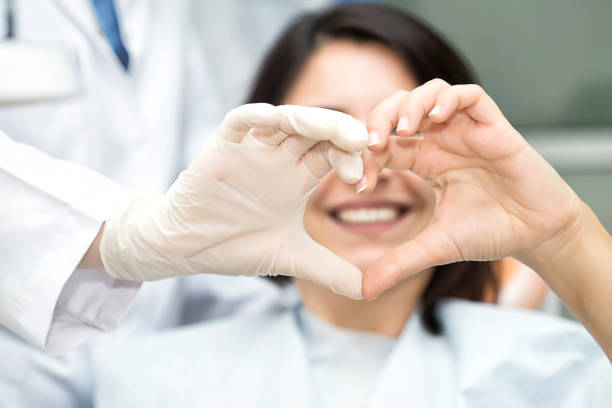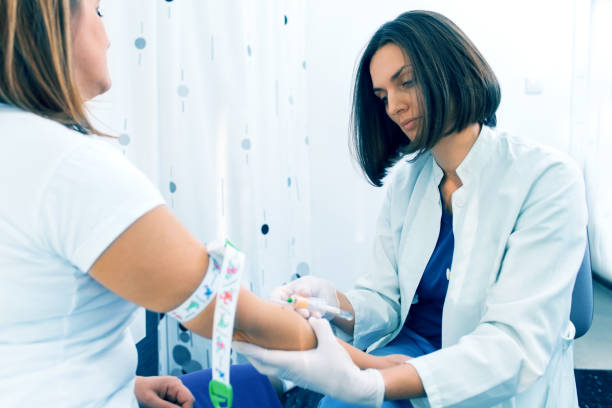Understanding Egg Donation: A Comprehensive Guide
Egg donation is a vital process in assisted reproductive technology (ART), offering hope and possibilities to individuals and couples facing fertility challenges. This guide aims to provide an in-depth understanding of egg donation, covering everything from the basic concept to the detailed procedures involved.
What is Egg Donation?
Egg donation is a medical procedure in which a woman, known as the egg donor, provides one or more of her eggs to another individual or couple to help them conceive a child. The recipient of the eggs is typically someone who is unable to produce viable eggs of their own due to age, medical conditions, or other factors affecting fertility. Egg donation plays a crucial role in various fertility treatments, including in vitro fertilization (IVF), and provides an opportunity for many to experience parenthood.
The Science Behind Egg Donation
Egg donation involves several complex biological and medical processes. The journey begins with the egg donor undergoing ovarian stimulation, a process where hormonal medications are administered to encourage the ovaries to produce multiple eggs. These medications usually include gonadotropins and other fertility hormones designed to enhance egg production. The progress is monitored through regular ultrasounds and blood tests to ensure optimal conditions for egg retrieval.
Once the eggs are deemed mature and ready for retrieval, a minor surgical procedure is performed. This procedure is known as transvaginal ultrasound aspiration, where a needle is inserted through the vaginal wall into the ovaries to collect the eggs. The procedure is typically done under sedation to minimize discomfort. After retrieval, the eggs are carefully examined and prepared for fertilization.
The Role of Egg Donation in Fertility Treatments
Egg donation is integral to several fertility treatments, particularly for individuals who have exhausted other options or who face significant challenges in producing viable eggs. For women with compromised ovarian function, advanced age, or genetic conditions that affect egg quality, egg donation can offer a viable pathway to pregnancy. The donated eggs are fertilized with sperm from the recipient's partner or a donor, depending on the circumstances, and the resulting embryos are then transferred into the recipient's uterus.
The use of donated eggs has revolutionized fertility treatments by providing opportunities for successful pregnancies where other methods may not be effective. It has enabled many to overcome infertility issues and realize their dreams of having a family.
The Process of Becoming an Egg Donor
Becoming an egg donor is a highly regulated process designed to ensure the health and well-being of both the donor and the recipient. Prospective egg donors must undergo a thorough screening process to evaluate their suitability. This typically involves a detailed medical and psychological evaluation to assess overall health, genetic background, and emotional readiness.
Donors are also required to provide a comprehensive medical history, including information about their family health background. Additionally, they may undergo genetic testing to rule out any hereditary conditions that could be passed on to the recipient or the child.
The decision to donate eggs is a significant one and requires careful consideration. Many egg donors are motivated by a desire to help others achieve their dreams of parenthood, while others may be driven by financial incentives. Regardless of motivation, the process emphasizes the importance of informed consent and ethical considerations.
Ethical and Legal Considerations in Egg Donation
Egg donation is surrounded by various ethical and legal considerations, given its profound implications for all parties involved. Ensuring informed consent is a cornerstone of the egg donation process. This means that both the donor and the recipient fully understand the procedures, potential risks, and long-term implications of egg donation.
Legal agreements are also crucial in egg donation arrangements. These agreements outline the rights and responsibilities of both the donor and the recipient, including issues related to parental rights, compensation, and confidentiality. Legal guidance is often sought to navigate these complex aspects and ensure that all parties are protected.
Ethical concerns also extend to the selection of egg donors. Donor selection is a sensitive process that aims to match donors with recipients based on medical compatibility and other factors. However, it is essential to approach this process with sensitivity and respect for the donor's autonomy and privacy.
The Psychological Aspects of Egg Donation
The psychological impact of egg donation can be significant for both the donor and the recipient. For donors, the process involves emotional and psychological preparation, particularly as they consider the implications of their donation. Many donors experience a sense of fulfillment and satisfaction from helping others, but it is also important to address any emotional challenges that may arise.
For recipients, the process can be emotionally charged as they navigate the uncertainties and hopes associated with fertility treatments. The journey of using donated eggs can evoke a range of feelings, from anticipation and excitement to anxiety and frustration.
Support and counseling services are often available to help both donors and recipients manage these psychological aspects. Open communication and access to professional support can make a significant difference in navigating the emotional complexities of egg donation.
The Impact of Egg Donation on Families
Egg donation has a profound impact on families, particularly on those who are able to achieve pregnancy and parenthood through this method. For many, the ability to have a child despite fertility challenges is a deeply fulfilling experience. The process of using donated eggs often involves careful planning, preparation, and ongoing support to ensure a successful outcome.
Families created through egg donation may face unique dynamics and considerations, particularly when it comes to discussing the origins of their child's conception. Open and honest communication within the family can help address these issues and provide a supportive environment for the child.
The broader impact of egg donation extends to society as well. By enabling individuals and couples to overcome fertility challenges, egg donation contributes to the diverse ways in which families can be formed. It reflects a growing recognition of the various paths to parenthood and the importance of supporting individuals in their reproductive journeys.
Advances and Innovations in Egg Donation
The field of egg donation continues to evolve with advancements in medical technology and reproductive science. Innovations in ovarian stimulation protocols, egg retrieval techniques, and embryo transfer methods have improved the success rates and safety of egg donation procedures.
Research and development in reproductive medicine are also focused on enhancing the quality and efficiency of egg donation. This includes exploring new ways to optimize egg retrieval and fertilization processes, as well as investigating potential improvements in donor screening and selection.
As the field advances, ethical considerations and best practices continue to be refined to ensure that egg donation remains a safe, effective, and respectful process for all involved.
Conclusion
Egg donation represents a critical aspect of modern reproductive medicine, offering hope and solutions to those facing fertility challenges. From the intricate scientific processes involved to the ethical, psychological, and emotional dimensions, egg donation encompasses a wide range of considerations and impacts. By understanding these facets, individuals and couples can navigate their fertility journeys with greater knowledge and support.
Through ongoing advancements and a commitment to ethical practices, the field of egg donation continues to evolve, providing valuable opportunities for many to achieve their dreams of parenthood.




